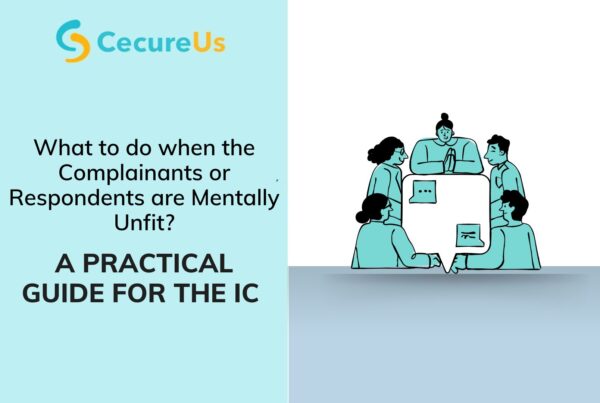
Pleasant weather seems a dream
In this scorching summer’s heat
Of relief there’s not a gleam,
Nor reprieve, however fleet.
The above lines from the poem “An Indian Summer” by Pari Ali, reflect our true state of affairs this summer. Heat waves have become more frequent and extreme. India’s economic growth is at risk because of these heat waves. But what is a heat wave and how can we save ourselves from its harmful effects?
What is a heat wave?
A heat wave is as a period of unusually hot weather with above-normal temperatures that typically last 3 or more days.
Heat Waves in India
India reported the warmest February this year. We had 190 heat days in 2022 – over 6 times higher than the previous year. Up to 90% of India is in a “danger zone” from heat wave impact.
Heat waves Impacting productivity
Heat waves impact heavily on the economy and as well as labour productivity. Up to 75% of India’s workforce depends on heat-exposed labour. They work in potentially life-threatening temperatures. This resulted in a big decline in labour productivity across various sectors of the economy. There are job losses too due to heat stress.
Heat Waves and its impact on worker’s Health
Human health is adversely affected by extreme weather conditions like heat waves. Changes in the body temperature can alter body functions like digestion, assimilation and metabolism. Below are some of the symptoms of heat-related illness:
- Fainting, weakness, dizziness,
- Headaches,
- Acts or talks confused,
- Nausea and vomiting,
- Increased sweating and thirst,
- Muscle cramps,
- Body temperature rises to 40.5° C or higher.
First aid measures are to be taken immediately
If you feel dizzy or uneasy:
- Drink plenty of water to hydrate.
- Move to a cooler place immediately.
- Loosen clothes if possible.
- Sponge with water – this brings down the body temperature.
If symptoms persist, immediately visit the nearest health care center.
What companies can do to safeguard their workforce from the heat?
The National Disaster Management Authority (NMDA) released national guidelines for heatwave management. They are the Heat Action Plans (HAP). Some of the highlights of the guidelines are:
- Building public awareness by effective communication about the risks of heat stress.
- Building an early warning to the public and inter-agency cooperation system.
Companies can also provide the following facilities:
- Expanded access to shaded areas to outdoor workers.
- Extended afternoon breaks for workers or have alternate working hours.
- Assigning extra workers or slowing down the work pace.
- Providing a cool drinking water facility.
- Timely medical care.
- Insulating and shielding the hot equipment.
How can you protect yourself from heat waves?
- Stay indoors from 12 noon to 4 pm.
- Carry an umbrella, hat, water bottle, and sunglasses while going out.
- Take cold showers.
- Hydrate yourself with seasonal fruits like watermelon, muskmelon, grapes etc.
– Add plenty of cucumbers, basil seeds and buttermilk.
- Avoid strenuous activity in the sun.
- Avoid taking alcohol, fizzy drinks, and fried and oily food.
- Practicing Sheetali and Sheethkari pranayama will help reduce body heat. It provides a cooling effect to the body.
- Increase green cover in the cities by planting more trees. Install vertical gardening methods.
With all the above measures, we should develop an attitude of benefiting the entire community. This can be possible by joining together to beat climate change and celebrate the summer season.
If you are an organization looking to implement EAP support, write to us at connect@cecureus.com. Visit our portal to book an appointment if you are concerned about yourself or a loved one. For more blogs, vlogs, workshop announcements, and event updates, visit our official website , www.cecureus.com.





Done very nicely… Very informative. Keep up this good work.